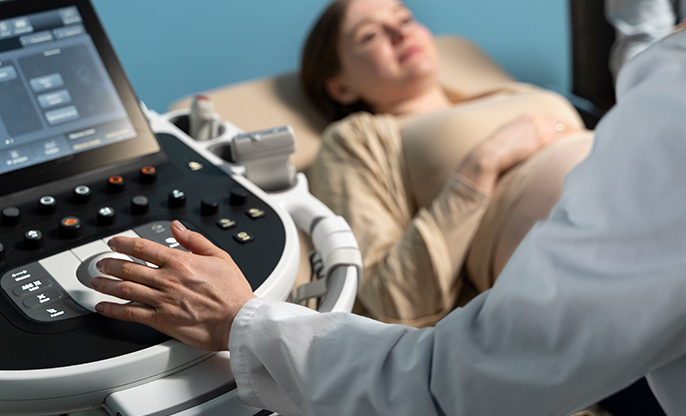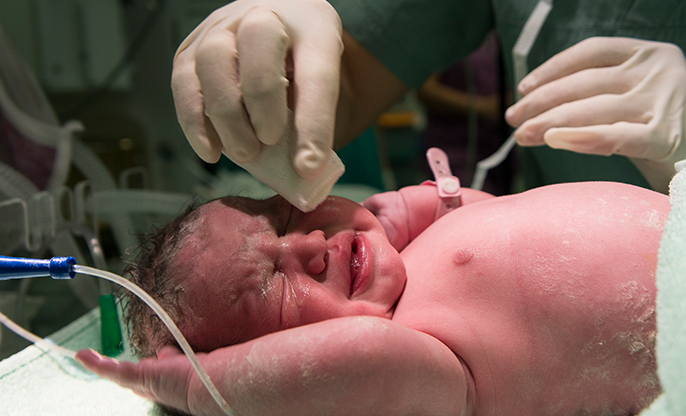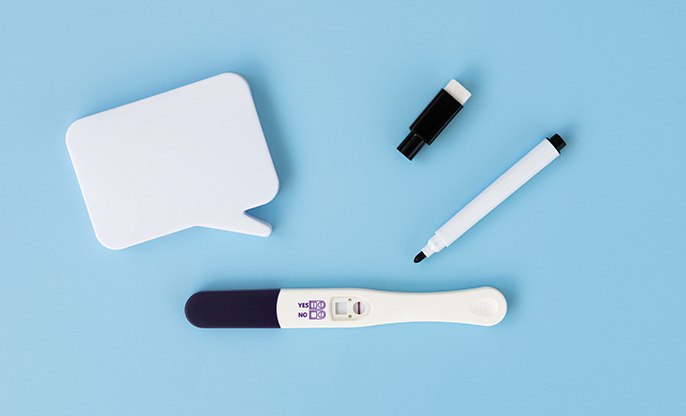
Preeclampsia
Preeclampsia is a pregnancy complication that needs to be taken
seriously. It usually shows up as high blood pressure in a woman who has always
had normal blood pressure. It can have severe repercussions and begins after
the pregnancy is over 20 weeks. Because there are no symptoms, it can be
dangerous for the mother and her unborn child.
The health care provider needs to be careful if the mother complains of
frequent headaches, develops protein traces in the urine, develops edema and
swelling in the legs, and has high blood pressure. Other complications can show
up as increased liver enzymes or decreased platelets in the blood.
Sometimes these signs go unnoticed by the mother, especially if she is
not regular with her checkups. That is why it is imperative to keep routine
antenatal appointments. Oral or IV medications can help in this condition and
keep the unborn baby protected till it reaches maturity and can be delivered.
Typically, preeclampsia happens because the placenta faces a scarcity of blood
supply due to some problem in the blood vessels, but there are other reasons
too.
Risks and implications of preeclampsia:
Severe preeclampsia can:
- Damage organs such as
kidneys, liver, lungs, eyes, or heart
- Increase the risk of cardiovascular
diseases.
- Lead to pre-term delivery
- Impact fetal growth by
restricting oxygen and nutrients to the child in the womb.
- Increases chances of stillbirth and infant death.
Preeclampsia is a serious condition that needs monitoring or can cause
health complications in the mother and child. Genetics, lifestyle, and
environmental influences can cause this condition though it may be due to a
placental complication.
When the placenta cannot provide appropriate nutrition to the baby in
the womb, it leads to a toxin build-up in the mother's blood. It shows protein
in the urine, swelling, nausea, vomiting, visual disturbances, abdominal pain,
high BP, etc. If any of these symptoms show up, preeclampsia should be
considered.
Management:
Specific steps can be taken before or during pregnancy to lessen the
chance of developing preeclampsia:
- Reduce weight if overweight
- Controlling sugar levels and
blood pressure
- Sleeping well and exercising
regularly
- Reducing salt and caffeine
in diet
- Taking aspirin on doctor's advice decreases the risk of developing preeclampsia by 15%.
Bed rest, medication, and early delivery may be the best ways to protect the child and mother. Early diagnosis helps in the treatment and management of the condition. Seek immediate medical help for a safe and healthy pregnancy.





































